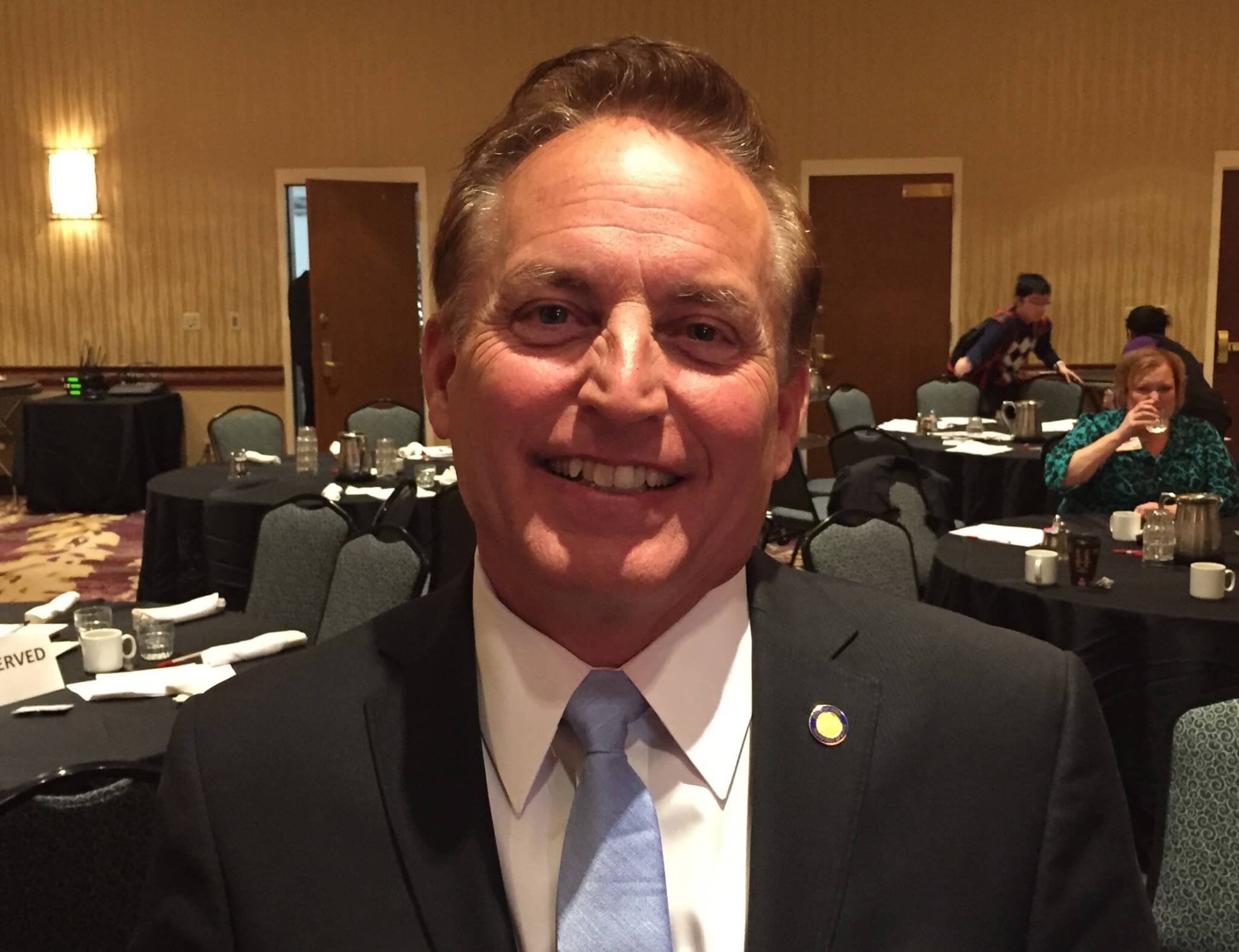
It’s fair to say many Iowans worry about our elections.
They are concerned shenanigans are going to change the outcome of the voting.
But from where I sit, our concerns are misdirected — as headlines last week indicate. More about that shortly.
In 2012, Iowa’s secretary of state at the time, Matt Schultz, launched a two-year investigation of possible voting fraud and election misconduct.
After spending $250,000, charges were filed against 27 people who had voted, or registered to vote, when they were not eligible. In the end, prosecutors obtained a half-dozen convictions or guilty pleas.
Most of the cases involved people who mistakenly thought they were eligible to vote. Some were immigrants who were not yet U.S. citizens. Some were former prison inmates who thought their voting rights were restored automatically after they finished their sentences.
That had been the case until Gov. Terry Branstad returned to office in 2011. He signed an executive order ending the practice that had been in place when Tom Vilsack and Chet Culver were governor.
With Iowans casting slightly more than 1 million votes during every election year, the 27 people caught in Schultz’s dragnet were but a blip on the state’s election radar screen. It’s hardly evidence of widespread voting abuse.
During last year’s presidential campaign, Donald Trump claimed voting fraud was rampant in the United States. After his victory, he again talked about how 3 million to 5 million people voted illegally — although he has offered no evidence to back up the claim.
Paul Pate, Iowa’s current secretary of state, and Republicans who hold majorities in the Iowa House and Iowa Senate are now working on legislation that critics fear will make it more difficult for some lawful voters to cast their ballots.
Pate is selling his proposal as a way to make elections more efficient and more honest by requiring every voter to show an approved photo ID card or the voter registration card they receive from their county auditor’s office.
That brings us to last week.
It wasn’t front page news, but The Des Moines Register broke the story that three months after Iowans voted in the general election, Pate’s staff discovered 5,842 votes that had been lawfully cast in Dallas County in the November 2016 election but were not counted in the vote totals.
Take a moment and re-read that.
A total of 5,842 votes did not get counted on election night in Dallas County in the vote totals for president, the U.S. Senate, the U.S. House, for seats in the Iowa Legislature, and for various local offices in Dallas County.
A total of 5,842 votes did not get included a week later when the Dallas County Board of Supervisors conducted the official canvass and certified the county’s election results.
A total of 5,842 people’s votes did not get counted when the official state canvass was conducted on Dec. 5 at the Capitol in Des Moines.
Where are the howls of outrage from people who wagged their fingers and tsk-tsk-tsk’ed each time another person was charged during Matt Schultz’s investigation?
The Dallas County fiasco was blamed on human error. An unnamed employee or employees in the county auditor’s office neglected to include a big stack of ballots — 13 percent of the county’s total — in the election results.
That’s right. Human error.
But no one in the auditor’s office has been charged with disenfranchising 5,842 voters. No one has been dismissed for misconduct or incompetence.
It’s true those 5,842 ballots would not have changed the outcome of any races in Dallas County. But it’s a miracle that many votes did not tip a race one way or the other.
Secretary of State Pate says House Study Bill 93, his “Election Integrity Act,” would have “caught and fixed this problem” in Dallas County. He points to the post-election audits that would be created by the legislation.
Pate’s analysis is not accurate. Those post-election audits would not cover every county, nor every precinct, after an election. And those audits would be conducted in February, two months after the official results are certified by the state.
Advocates for requiring voters to show an approved picture ID card at polling places like to talk about ensuring election integrity. But the biggest blot on the integrity of Iowa elections in more than half a century did not involve nefarious voters skulking around to undermine democracy, or even misguided, would-be voters who are not eligible to cast a ballot.
It involved 5,842 ballots stacked in the courthouse in Adel.
by Randy Evans
Reprinted from the Bloomfield Democrat
Posted 2/20/17
Politics

Biden cancels student loan debt for 2,690 more Iowans
The Biden administration on Friday announced its cancellation of an additional $7.4 billion in student debt for 277,000 borrowers, including 2,690...

The Republican war on Medicare raises the stakes in 2024
Nearly 670,000 Iowans rely on Medicare benefits—benefits they spent decades paying into, with the promise that the program would be there for them...
Local News

No more Kum & Go? New owner Maverik of Utah retiring famous brand
Will Kum & Go have come and gone by next year? One new report claims that's the plan by the store's new owners. The Iowa-based convenience store...

Here’s a recap of the biggest headlines Iowa celebs made In 2023
For these famous Iowans, 2023 was a year of controversy, career highlights, and full-circle moments. Here’s how 2023 went for the following Iowans:...





